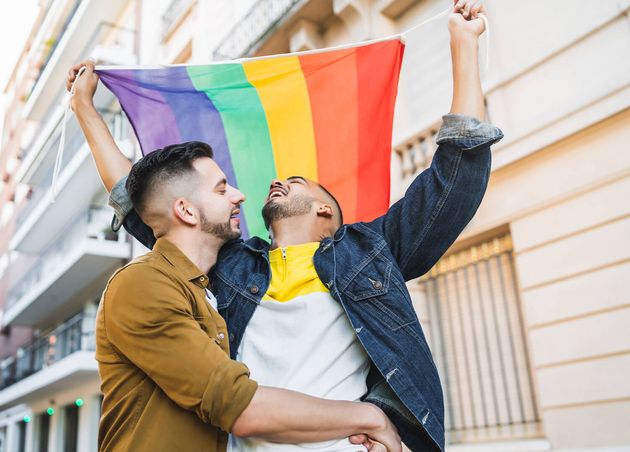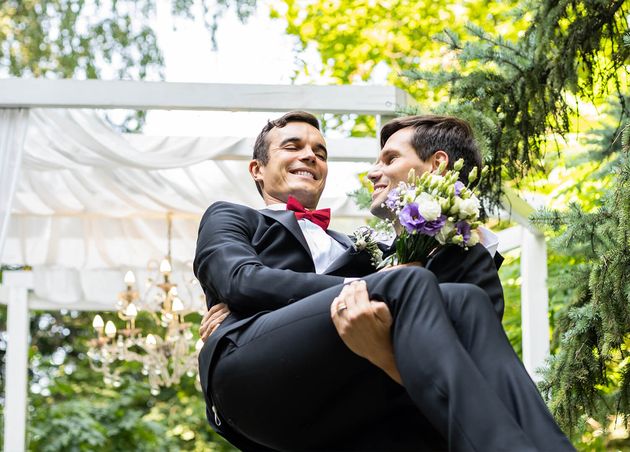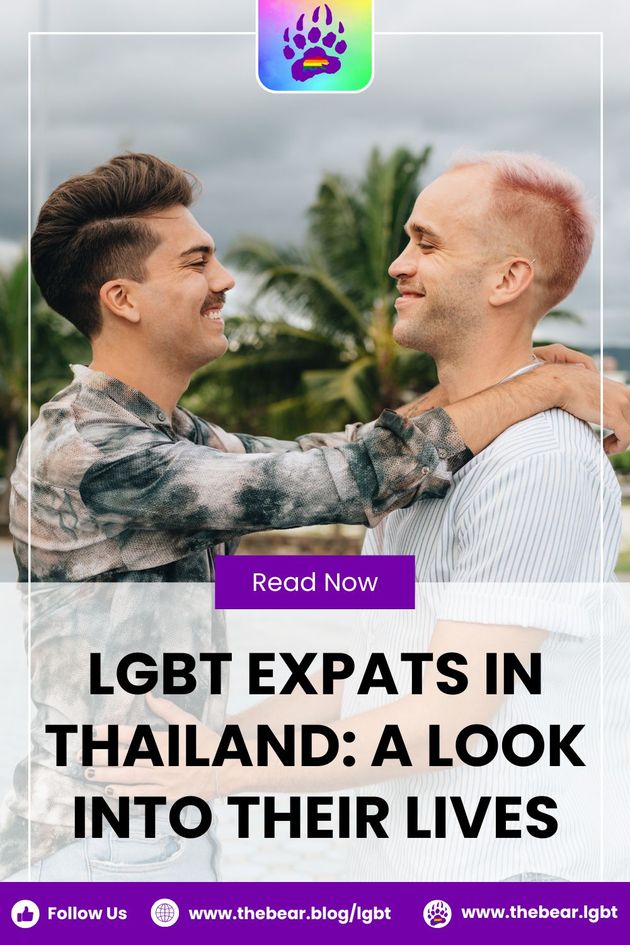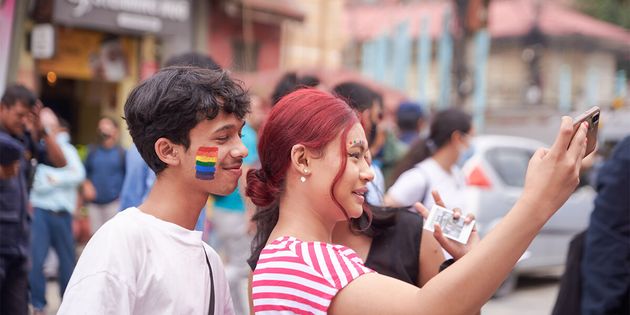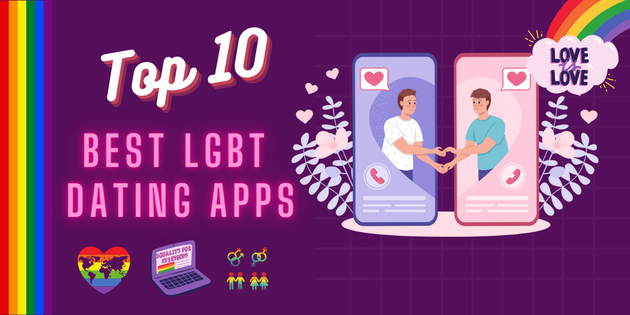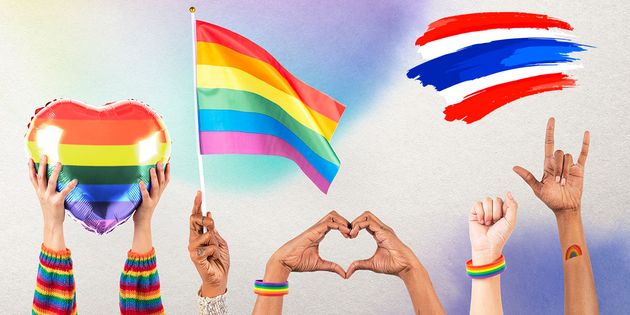
LGBT Expats in Thailand: A Look into Their Lives
LGBT expats in Thailand face significant issues besides the standard ones that all expats face. Classic problems typically center around visas, banking, property, and partners. These are some issues for LGBT expats, but others are specific to being LGBT in Thailand.
The common issues in Thailand have more to do with LGBT civil rights, acceptance in society, and dealing with discrimination. Thailand is maybe the best country for LGBT expats globally, but not everything is perfect.
For tourists, there are generally no problems; the freedom to be yourself with LGBT identities is lovely. But things get complicated if you live here or want to have a life here.
So, if you plan to make Thailand your new home as an LGBT, let’s look at what life looks like here.
What are the Issues for LGBT Expats in Thailand?
Lesbian, Gay, Bisexual, and Transgender expatriates in Thailand have challenges with law and culture that other expats don’t have. Thailand grants individual freedom to LGBT tourists, but those who try to stay and live here still face discrimination.
The biggest issue is the conflict of views inside Thai society about LGBT identities and their roles. This conflict spawns problems regarding marriage, parenting, jobs, bank accounts, insurance policies, and mortgages that don’t affect other expats.
The rights of LGBTQIA+ individuals and their partners are still evolving in Thailand. It is valid for the entire LGBT community in the country, not just for expats. Because expats are affected a bit more, by definition, they still have to fit into Thai society. There has recently been tremendous progress in Thailand, and LGBT people are not total outsiders, but more improvement is needed.
🏳️🌈 Quick Trivia!
According to an estimate, more than 4.2 million LGBT people live in Thailand. Back in 2017, Bangkok was named the second most gay-friendly city. Thai tourism has launched the “Go Thai Be Free” project to encourage more LGBT tourists to travel to Thailand.
5 Things LGBT Expats are Discriminated Against in Thailand
#1 Jobs
With the anti-discrimination act of 2015, job seekers with LGBTQIA+ identities are not openly prevented from getting jobs in Thailand. However, advancement in those jobs is complicated for them. There is an apparent glass ceiling in place. The corporate world stresses conformity, which puts pressure on those with gender roles different from their sex, making it hard to be themselves.
There is widespread discrimination in the teaching academies. It is almost impossible for openly LGBT to become teachers. It affects expats because teaching is such a typical job for them. So again, LGBT identities must be more conformist than they would otherwise want to be.
#2 Marriage
Currently, same-sex marriage is not legal. The law recognizes same-sex partnerships but is only limitedly short of full marriage rights equality. For example, a same-sex couple can share property ownership; inheritance is allowed if one partner dies. But legally, married couples have no right to the same public welfare or tax benefits.
Expats benefit from the law’s property and inheritance provisions, but those negatives do not affect most. What affects expats more is the lack of access to joint mortgages, family savings accounts, and insurance policies. Thai laws only extend these to married couples.
#3 Parenting
Two significant aspects of parenting are challenging for LGBT expats. One is adoption; the other is in-vitro fertilization (IVF). Both of these things are only allowed for legally married couples. It hurts for gay and lesbian couples who come to Thailand hoping for children to share their lives.
The IVF issue is pertinent to expats who want to use a surrogate to bear their children. Unfortunately, surrogacy is another thing only available to married couples in Thailand. Given this as the legal situation, it is safe to say Thais aren’t ready for LGBTQIA+ parenting.
#4 Acceptance in Society
The big deal about this is that LGBT expats live here and want a good life. Most Thai people don’t care if you are an LGBTQIA+ individual. The issue is that you won’t have any of the rights we have discussed. Thai society is very accepting of LGBT people. But when you become an expat, you suddenly face the same problems the entire LGBT community has in Thailand. The problem is that Thai society is conflicted about sexual identities. This conflict is founded in Thai Buddhism, and it extends from there.
#5 Transgender Discrimination in Thailand
Transgender expatriates in Thailand are different from native Thai transgender people; they stand out more and attract attention, which is no problem for tourists. So they come here, have the time of their lives, and leave. But real life for Thai transgender people is much more complex than the fun “ladyboys” have in the clubs and shows.
Thai transgender people are accepted but marginalized, which can also happen to expats. Transgender people in Thailand have a lot more pressure on them in the rural areas and within their families. Expat transgender people are also expected to be more conformist outside big cities and tourist areas. This situation imposes a boundary where LGBT expats can find a life of open expression.
Being LGBT in Thailand Pros and Cons
LGBT life as an expat in Thailand can be great, and there are many beautiful things about it. However, there are also a few downsides. Therefore, the philosophy should make the most of the good and mitigate the negatives as best possible.
Pros of Being an LGBT Expat in Thailand
There are so many incredible places for LGBTQIA+ to go! There are gay clubs and resorts, and lesbians have some of the best ladies-only parties in Thailand. Transgender people enjoy a large community of others to share with, and bisexuals, of course, have the best of both worlds where they are free from harassment and open hate.
Thais are very friendly with LGBTQIA+ individuals. Aside from the legal rights situation, there is no issue with being LGBT and going out to have a good time. You can relax and be yourself. There are no restraints on being yourself with the kind of unrestricted freedom and total safety LGBT people have in Thailand. Of course, there are societal rules that one needs to follow, like taking off shoes and wearing proper clothing in temples. But these are not impositions; they are examples of the usual respect given to others in Thai culture.
There are many partners to choose from, and go out and have a good time. Almost 10% of the population of Thailand has an LGBT identity of some kind. There are many ways to go out and meet people and become partnered up with them. Dating websites and a thriving bar scene make socializing comfortable and fun.
Cons of Being an LGBT Expat in Thailand
Meeting so many sexually compatible people in Thailand has opened the door to a considerable downside to the fun. Thailand has reported one of the highest HIV infection rates in the world. All this means is to be aware and practice safe sex. PDAs can cause unwanted attention.
When you have so much freedom of sexual expression, you tend to overdo it publicly. It is looked down on in Thailand as disrespect. At first, someone might just let you know about it and ask that you calm down. At worst, it could lead to trouble.
There are not many resources to help the LGBT community in Thailand. Organizations exist to turn to with questions and help resolve problems, but not many. And because of the status of human and civil rights laws, you will not get much help from the authorities.
Is Thailand the best country for LGBT Expats?
Thailand is an excellent country for LGBTQIA+ expats. It is likely the best. But there must be many improvements in civil rights and common laws to be ranked that way. Thai society also needs to come of age with itself. Everything to do with the attitude toward LGBTQIA+ is a paradox or a double standard.
The good news is that a progressive wave in Thailand now can’t be stopped. The surge has been swelling for a long time, rising and moving forward faster. Laws and attitudes will change, and examples of this are everywhere.
Thailand has everything a traveler or expat might want, such as sandy beaches, delicious food, fantastic nightlife, and many more. If you are an LGBTQIA+ looking forward to making Thailand your new home, this guide will truly help you. So, ensure you know everything about the LGBT life in Thailand before moving in.
🏳️🌈 LGBT Vocabulary Time!
Conformist
: conforming to accepted behavior or established practices; conventional
In-Vitro-Fertilization
: the intricate set of procedures employed to aid fertility, prevent genetic issues, and facilitate the conception of a child
Marginalized
: treated as insignificant or peripheral
Mitigate
: make something less severe, profound, or painful
Pertinent
: relevant or applicable to a specific matter; pertinent
LGBT Bear
More From The Bear LGBT
Top 10 Best Lesbian Dating Apps You'll Surely Love When in Thailand
Alexa (Lesbian Bear)
The Bizarre World of Coming Out As A Bisexual in Thailand
Jordan (Bisexual Bear)



